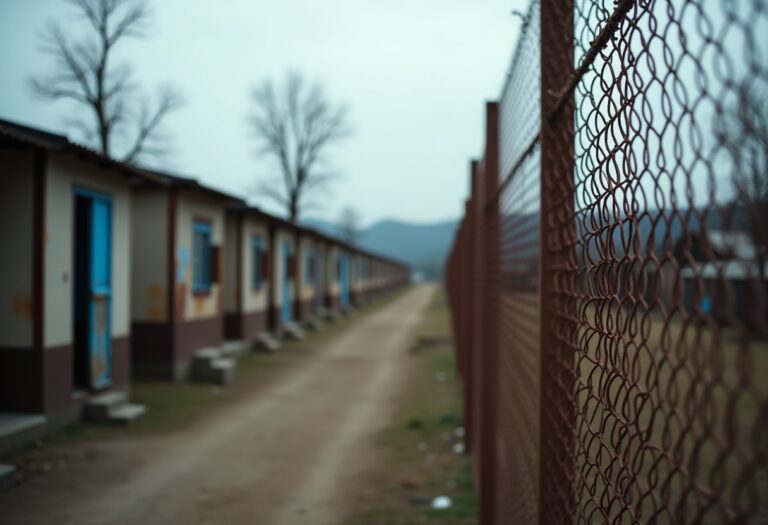Exploring the systemic issues faced by Rohingya refugees in detention centers

Topics covered
The tragic fate of Rohingya refugees: A story of loss and neglect
The plight of Rohingya refugees continues to unfold tragically, as evidenced by the recent case of Hamida Begum, a 14-year-old girl who lost her life under mysterious circumstances in a detention center in India.
Her story is not just an isolated incident; it reflects the broader systemic issues faced by Rohingya refugees who flee violence and persecution in Myanmar, only to encounter further suffering in their quest for safety.
The journey of desperation
Hamida Begum’s journey began in a refugee camp in Bangladesh, where she lived with her family.
Lured by promises of a better life, she was trafficked to India, a fate that many Rohingya women and girls face. According to a 2023 report by Refugees International and The Azadi Project, trafficking remains a significant threat, with many women sold into forced marriages. The desperation for a better life often leads families to make harrowing decisions, exposing them to the dangers of human trafficking.
Detention and neglect
Upon her arrival in India, Hamida was detained by authorities, a common fate for many Rohingya refugees who are labeled as illegal migrants. The conditions in detention centers are dire, with reports of overcrowding, inadequate medical care, and poor sanitation. Hamida’s case highlights the negligence faced by detainees; despite showing signs of severe illness, she was denied urgent medical treatment. Eyewitness accounts from former detainees reveal a disturbing pattern of medical neglect, where requests for help are often dismissed, leaving vulnerable individuals without the care they desperately need.
The aftermath of tragedy
Hamida’s death has raised serious questions about the treatment of refugees in India. The autopsy revealed that she died from multiple organ failure, yet the exact cause remains unclear, pending further chemical analysis. This lack of transparency has left her family and the Rohingya community seeking answers. Activists argue that the systemic issues within the detention centers, including the alleged drugging of detainees, serve to silence their voices and prevent them from seeking justice.
A call for accountability
The international community must take notice of the situation faced by Rohingya refugees in India. The UNHCR has expressed regret over Hamida’s death, emphasizing that seeking asylum is not a crime. However, the reality on the ground tells a different story. Reports of arbitrary detention, threats against families seeking legal recourse, and the overall treatment of refugees demand urgent attention. Activists are calling for accountability and better protection for vulnerable populations, urging the Indian government to adhere to international human rights standards.
Conclusion
Hamida Begum’s tragic story is a stark reminder of the ongoing crisis faced by Rohingya refugees. As they navigate a perilous journey in search of safety, they encounter systemic barriers that often lead to further suffering. It is imperative that the global community advocates for the rights and dignity of these individuals, ensuring that their voices are heard and their lives are valued.




